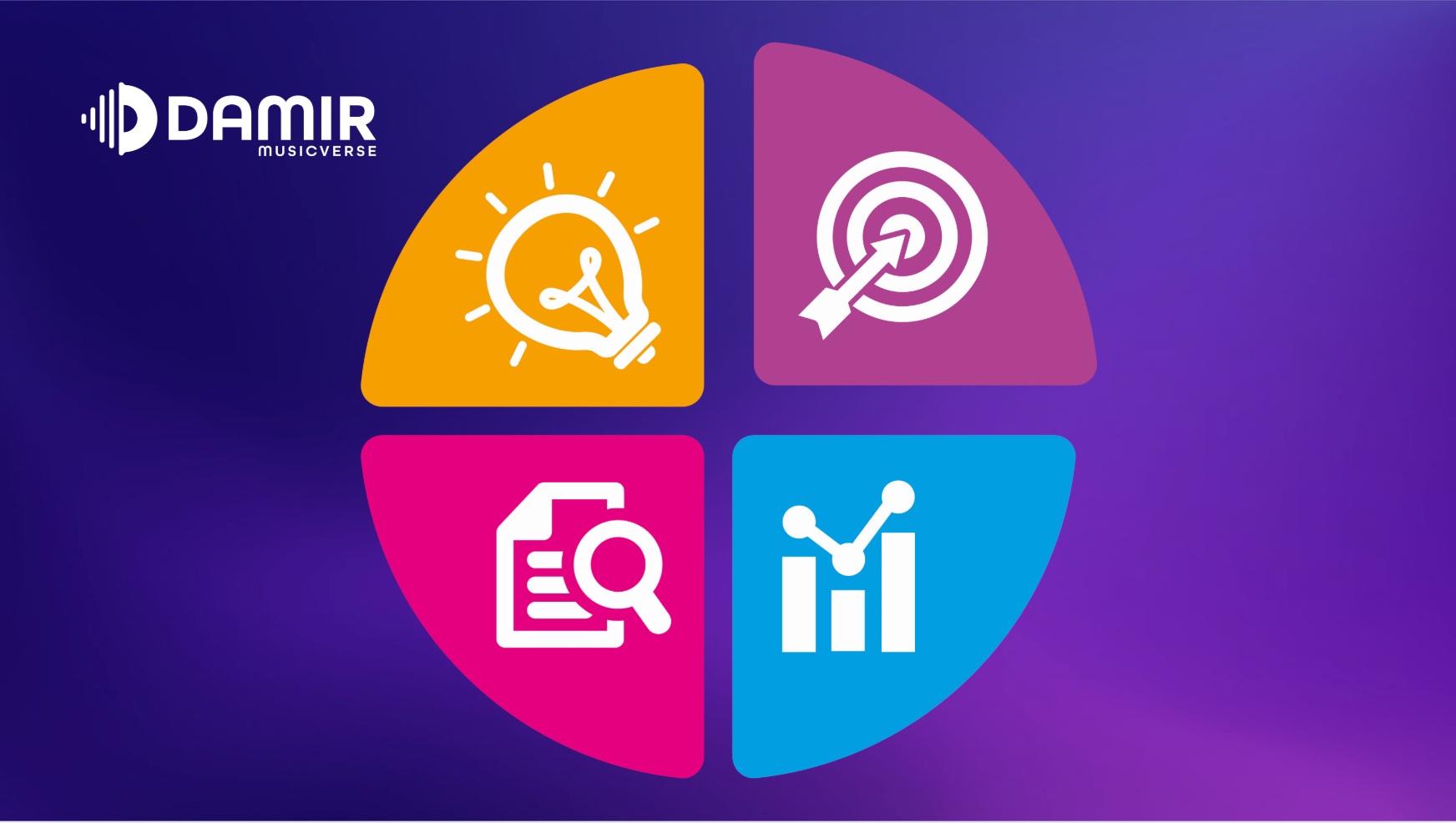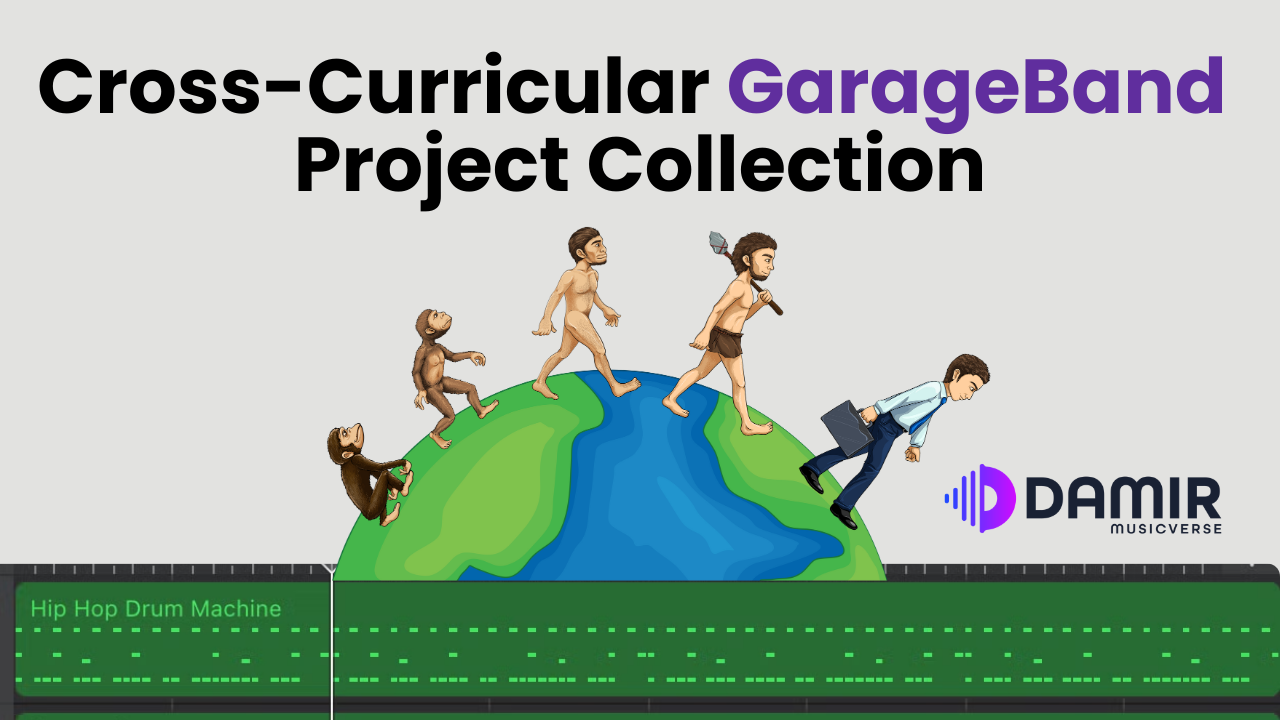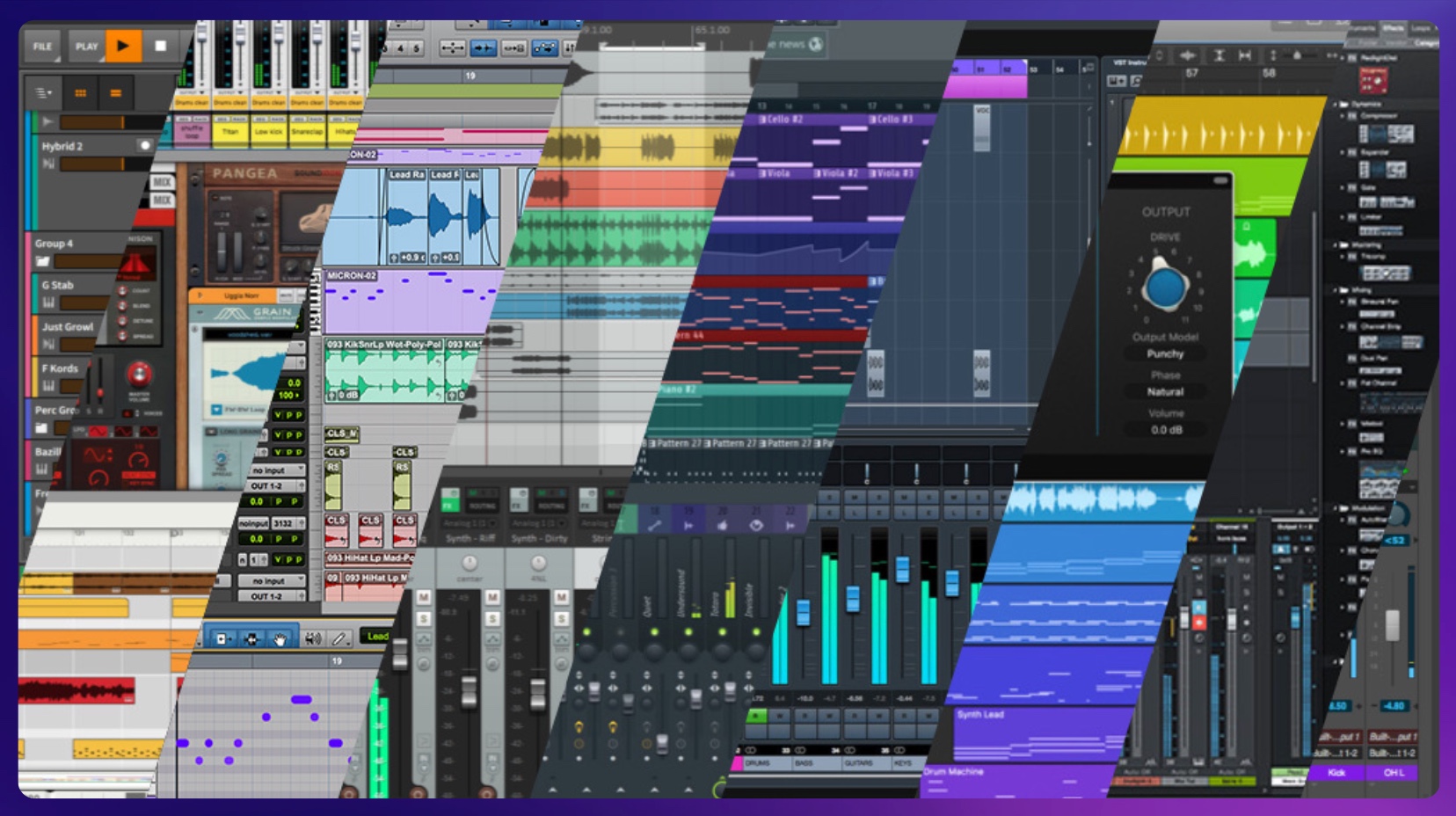If you prefer listening to articles, just click play, sit back, and enjoy.
Introduction
Recently, I completed the one-month Introductory Cambridge iGCSE Music course. In this article, I aim to present an overview of the course material and share some of my personal insights gained while navigating the varied tasks within the course.
Eventually, I will share my concluding thoughts about the course, which may help you determine its potential usefulness for your future certification needs. This course offers two potential outcomes. Depending on the quality of your work and whether you’ve completed all the tasks, you could receive either a participation or a completion certificate by the end.

Course Sign-Up and Platform
A week prior to the commencement of your course, you’ll be sent a link inviting you to join an exclusive Cambridge platform. This is where you’ll gain access to your forthcoming course. The platform is akin to a pared-down social network where you can set up your profile and interact with your mentor and other participants via a central forum. Once the course kicks off, a mentor certified by Cambridge will be assigned to you. They’ll assist you throughout the course and assess all your tasks. The design of the platform is very user-friendly and simple to navigate.

The Cafe and Discussion forums are both interactive spaces where you can engage with your peers and mentor. While you can share tasks and pose questions in both, they serve different purposes. The cafe is a more casual setting where you can discuss a variety of topics, not necessarily related to the coursework. On the other hand, the discussion forums are directly linked to the course assignments. This is where you’ll submit your work, receive feedback, and engage in more course-specific discussions.
The Journal is a personal space reserved for you to jot down any thoughts, observations, or insights that you’d like to remember. Only your mentor has permission to view this area. They’ll check it regularly to fully grasp how you’re interacting with the course material.
The Checklist is a straightforward section to keep track of your weekly task completion status, which will be marked by your mentor. As previously stated, if all of your tasks are marked complete, you’ll qualify for the completion certificate at the end of the course.
You’ll also have access to three key documents (Syllabus 0410, 0978, and the Scheme of Work). These were vital in helping me grasp the fundamental concepts of the iGCSE Music Curriculum. Without prior experience in teaching iGCSE music, I found these resources extremely helpful. Let’s now cover the content of the course, which is separated into five weeks.
Course Structure by Weeks
The Introductory Cambridge iGCSE Music course is divided into five weeks. Each week is structured to logically build on the preceding one, enabling you to learn the fundamentals of the curriculum and how to incorporate them into your teaching practices.
At the beginning of each week, you are given a set of exploration questions along with completion criteria. These should be your primary focus throughout the week. Below you can see the table that presents the questions of exploration and completion criteria in all five weeks of the iGCSE Music Introductory course.
Course Content Table
| Week | Questions for exploration | Completion criteria |
|---|---|---|
| 1 | What are my personal aims for the course? How is IGCSE music assessed? What are the assessment objectives for IGCSE Music? How are the assessment objectives tested? How can I use past papers and markschemes in my teaching? | Introduce yourself to your colleagues and identify your personal aims. Share your experiences with past papers. |
| 2 | How can I help my learners better understand the assessment objectives? How is IGCSE Music marked? | Create and review activities to explain the assessment objectives. Complete the marking activity. |
| 3 | What should I consider when making a long-term plan? How can I check that my learners have the knowledge and skills they need before they start the course? | Create an initial assessment of your learners’ knowledge and review your colleagues’ work. |
| 4 | What is a scheme of work, and how do I use it? How do I plan my lessons? | Adapt the teaching activities on music in the classical period in the scheme of work to be relevant to your learners. |
| 5 | What teaching approaches can I use in my practice? What lesson plan/activity can I share with my colleagues? What are my next steps? | Review one teaching approach. Share a lesson plan and review your colleagues’ lesson plans. Complete your end-of-course review. |
Enjoying this post? Join a community of forward-thinking educators! Subscribe now for exclusive access to free resources, tips, and tools to transform your music classroom with EdTech.
Introductory Cambridge iGCSE Music Course—FAQ.
Can I participate from any time zone?
Absolutely, you’re free to operate in your own time zone. The key aspect to bear in mind is ensuring you submit assignments by the UK-time-zone-based deadline. Personally, I always completed tasks before Sunday, eliminating any time zone-related concerns. For reference, I reside in Shanghai, China.
Does this course require any prior skills?
No, your previous iGCSE Music teaching experience, or lack thereof, won’t restrict you from taking the course. I started without any such experience, and I found the course quite fitting. That being said, there were participants who had prior iGCSE music teaching experience.
What’s the weekly time commitment for this course?
Every week’s task introduction specifies the estimated time necessary to complete all tasks. These will comprise both mandatory tasks and supplemental ones. In my experience, it typically took around 4-5 hours per week to complete all tasks. Essentially, with sufficient dedication, you could finish the work in two days.
What’s the size of the course group?
The course was attended by a total of 23 individuals, in addition to our mentor. Starting from the second week, you’ll be grouped into smaller clusters of 4-5 individuals to accomplish and discuss certain tasks, while others will be tackled and conversed about in the primary group.
Is there any interaction with other course participants?
Indeed, as mentioned earlier, you’ll have the opportunity to engage with your focus group for specific tasks and with all participants in different forum sections. You’ll also have the liberty to initiate your own discussion topics and facilitate conversations around them. Essentially, you’re welcome to explore any questions you have related to the iGCSE Music Curriculum and Music Education overall.
How often can I expect feedback from the mentor?
While the feedback isn’t instantaneous due to time zone differences, you can generally expect a response within 24 hours. Tip: It’s advisable not to leave queries until close to the deadline. Instead, it’s better to raise any questions earlier in the week.
What’s the link to sign up for the course?
You can access all the necessary details on the Cambridge Professional Development page. This platform will allow you to monitor and gather information about all forthcoming professional development courses.
Conclusion
In summary, the Introductory Cambridge iGCSE Music course is a comprehensive, thoughtfully designed program that caters to both novices and those with prior experience in iGCSE Music. Its interactive platform, structured modules, and supportive mentoring make it an enriching and rewarding journey.
To wrap things up, if you’re considering enhancing your music teaching credentials or simply broadening your horizons, this course could be an ideal choice. But don’t just take my word for it. Experience the transformative power of learning firsthand by enrolling in the course.
Enjoyed this post? Join a community of forward-thinking educators! Subscribe now for exclusive access to free resources, tips, and tools to transform your music classroom with EdTech.


